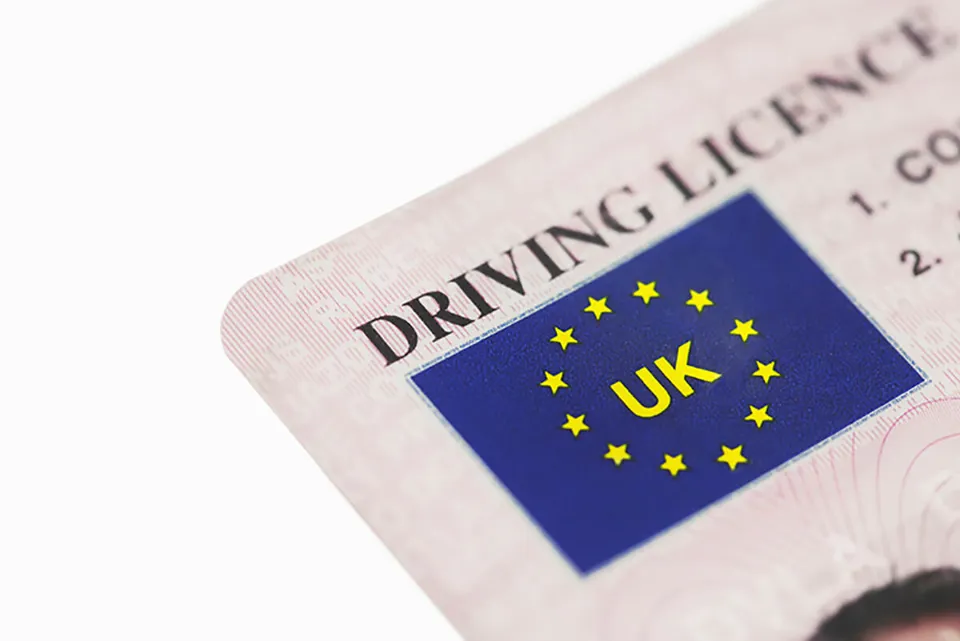Drivers have been left in limbo for years as a result of major failings by the Driver and Vehicle Licensing Agency (DVLA) in assessing people’s fitness to drive, according to a new report published today.
The report, published by the Parliamentary and Health Service Ombudsman, highlights eight complaints it investigated where people with complex medical conditions and disabilities were unfairly left without driving licences, sometimes for several years, as a result of flawed decisions, severe delays, and poor communication.
In one case, a truck driver who had suffered a heart attack had to wait 17 months to reverse a decision to remove his licence, despite being symptom free. He lost his business in the process. Another saw a piano teacher who had suffered a stroke, but recovered, needlessly prevented from driving for years due to DVLA failures, leaving her socially isolated, distressed and unable to work.
In a further case, the DVLA wrongly interpreted a letter from a GP which explained that, because their patient suffered from chronic fatigue syndrome, he struggled to keep up with paperwork and that this should be taken into account if he was late submitting paperwork.
The DVLA wrongly assumed this was confirmation of a medical condition affecting the man’s ability to drive, it says, and incorrectly removed his licence a few days after receiving the letter.
The similarity of the eight complaints investigated by the Ombudsman service led to a wider review of the way in which the DVLA handles medical fitness to drive cases.
It found that the agency is not currently meeting its obligations to make fair and safe licensing decisions and that:
- Fitness to drive tests are not fit for purpose and do not properly consider all the evidence, such as doctors’ reports
- The decision making process is flawed and lacks proper standards or criteria to fairly assess people with medical conditions and disabilities
- Guidance about the process is not readily available to people or to the medical profession, making it difficult for doctors to offer advice
- The way in which the DVLA handles complaints is poor and defensive
Parliamentary and Health Service Ombudsman Julie Mellor said: “People’s lives have been put on hold for years because of severe delays and flawed decisions by the DVLA, leading people to lose their jobs, causing stress, worry and isolation.
“DVLA has accepted our findings and has taken steps to address some of the failures identified such as producing a new guide for medical professionals and improving its complaint handling and communications.
“But further action is needed to make the assessments of fitness to drive more robust, to prevent others from suffering the same injustice in the future.”
The report recommends that the DVLA should improve the way it communicates with both licence applicants and medical professionals and produce robust standards to fairly assess people with medical conditions.
Without robust standards, it says there is a risk that people who are fit to drive will be denied a licence to do so, and others, who pose a risk to the public and themselves, will keep their licence and continue to drive. The DVLA has not accepted this recommendation, it said.
It has also called for the DVLA to ensure other people affected by the failures uncovered in the report be financially compensated where appropriate.
However, the Parliamentary and Health Service Ombudsman said that DVLA did not accept this recommendation either.
DVLA chief executive Oliver Morley said: “We are sorry for the way we handled the customers’ cases highlighted in the report. These eight very complex cases, however, date back to 2009 and since then the vast majority of the four million cases we’ve handled have been dealt with swiftly and correctly.
“We have already made a number of improvements including more effective ways of managing cases, taking on more staff and introduced a new online service where drivers can tell us about their medical conditions.”
It says it has now set up a triage service, which is a filter team directing and prioritising cases and requesting additional information where appropriate to minimise delays. They will also make licensing decisions where possible, usually within five days. And, where a licence is revoked, a driver can reapply if they can provide fresh evidence.
It has rewritten and published guidance for customers and medical professionals, and says it now prioritises calls from drivers who work abroad or have a job offer pending, along with applications from bus and lorry drivers to ensure a licensing decision is made as quickly as possible.
It has also extended the duration of medical licences for non-vocational drivers from a maximum of three years to five years for some conditions, such as Parkinson’s, Multiple Sclerosis, Epilepsy and Glaucoma, where specific criteria have been met.
In addition, it says it has introduced stronger internal processes to help ensure any errors are dealt with quickly and accurately, and has set up a team to deal specifically with customers who want to challenge a medical decision with DVLA.
AA president Edmund King said: “A driving licence is a lifeline for many people. The licence enables mobility, independence, employment and freedom. It is essential that those that are fit to drive are able to do so and equally that those that aren’t fit to drive should not be allowed to put their own lives and the lives of others at risk.
“We welcome this important report and look forward to improvements being made. More resources and better communication are needed to enhance what is a complex yet vital process.”




















Roger Hill - 20/10/2016 19:21
you can guarantee that a knighthood will be awarded for this failure as a reward for the stress to the CEO caused by these criticisms.